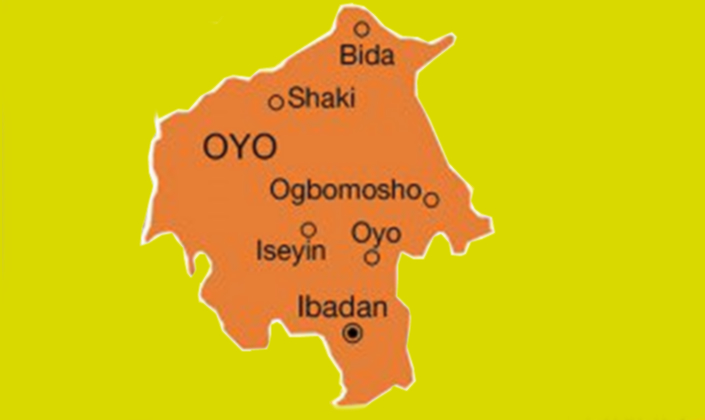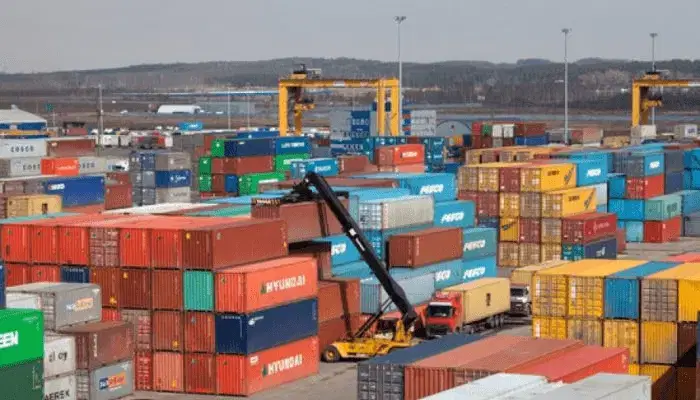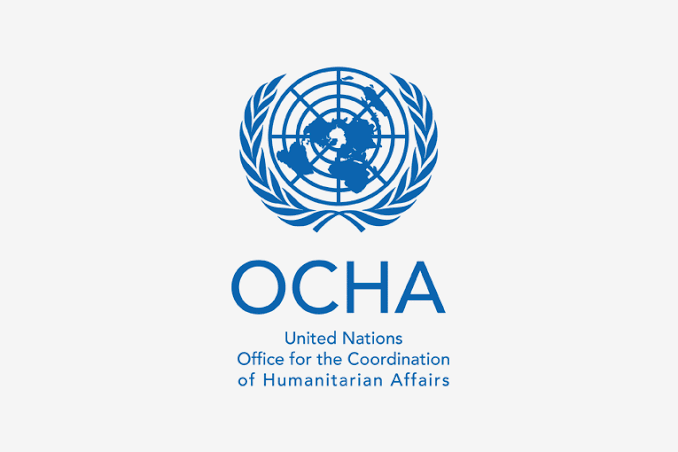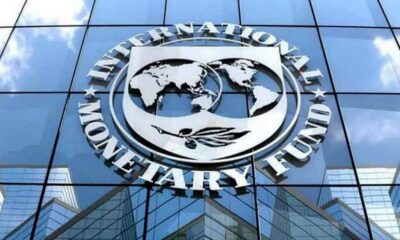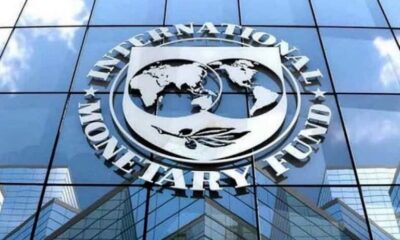News
IMF reports stronger growth in Middle East, North Africa despite conflicts

Economic growth across the Middle East and North Africa (MENA) has accelerated this year despite ongoing global uncertainty and regional conflicts, according to a new report released by the International Monetary Fund (IMF) on Tuesday.
Jihad Azour, IMF Director for the Middle East and Central Asia, said in an interview with AFP that the region’s resilience was remarkable given multiple challenges. “Despite all the shocks we saw to trade with the tariff measures, geopolitical tension, the conflicts, the volatility in oil price, we see that growth has been performing better than last year,” Azour said. “And it’s not only in a group of countries, but spread across the region.”
The IMF’s latest regional outlook, presented in Dubai, forecasts that MENA economies will expand by 3.3 percent in 2025 and 3.7 percent in 2026 — higher than its earlier projections of 2.6 and 3.4 percent, respectively. The region’s GDP grew by 2.1 percent in 2024.
Azour explained that Gulf nations have benefited from higher oil production, which helped offset the effects of declining prices, while other countries recorded gains through rebounds in tourism, manufacturing, and agriculture.
Despite ongoing instability, including the war in Gaza, Azour noted that “the region was able to withstand the big geopolitical shock of the last two years,” citing the relative economic resilience of neighbouring countries such as Jordan and Egypt.
He described the current ceasefire in Gaza as “an important and welcome development,” but cautioned that it was too early to assess its full economic impact. “The impact on the region hinges on how this stability will materialise into improvement in the overall risk profile for the region and also what we see of potential reconstruction or post-conflict in Syria, Lebanon and in Gaza, and also later in the West Bank,” he explained.
Azour said immediate attention should be focused on evaluating the scale of damage in Gaza and identifying reconstruction priorities, with support from the United Nations and the World Bank.
He further warned that financing needs remain “immense” in other conflict-affected countries, including Yemen and Sudan, due to dwindling international aid and worsening humanitarian conditions.
-

 News4 hours ago
News4 hours agoOpposition Reps raise alarm over alleged non-implementation of 2025 budget
-

 Business4 hours ago
Business4 hours agoCurrency outside Banks rises 10.2% as money supply expands
-
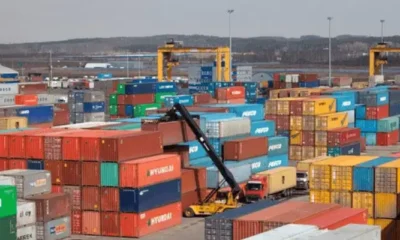
 World News4 hours ago
World News4 hours agoNigeria’s exports to Africa hits N4.82trn
-

 National News4 hours ago
National News4 hours agoClean Energy key to survival, healthy living — Remi Tinubu
-
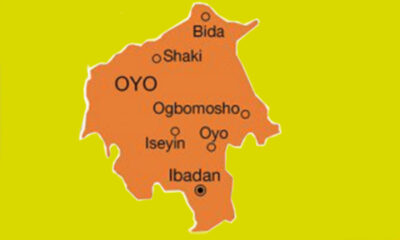
 Metro4 hours ago
Metro4 hours agoPolice Inspector killed as officers rescue kidnap victim in Oyo
-

 News32 minutes ago
News32 minutes agoBREAKING: Soludo orders closure of Onitsha Main Market over sit-at-home defiance


